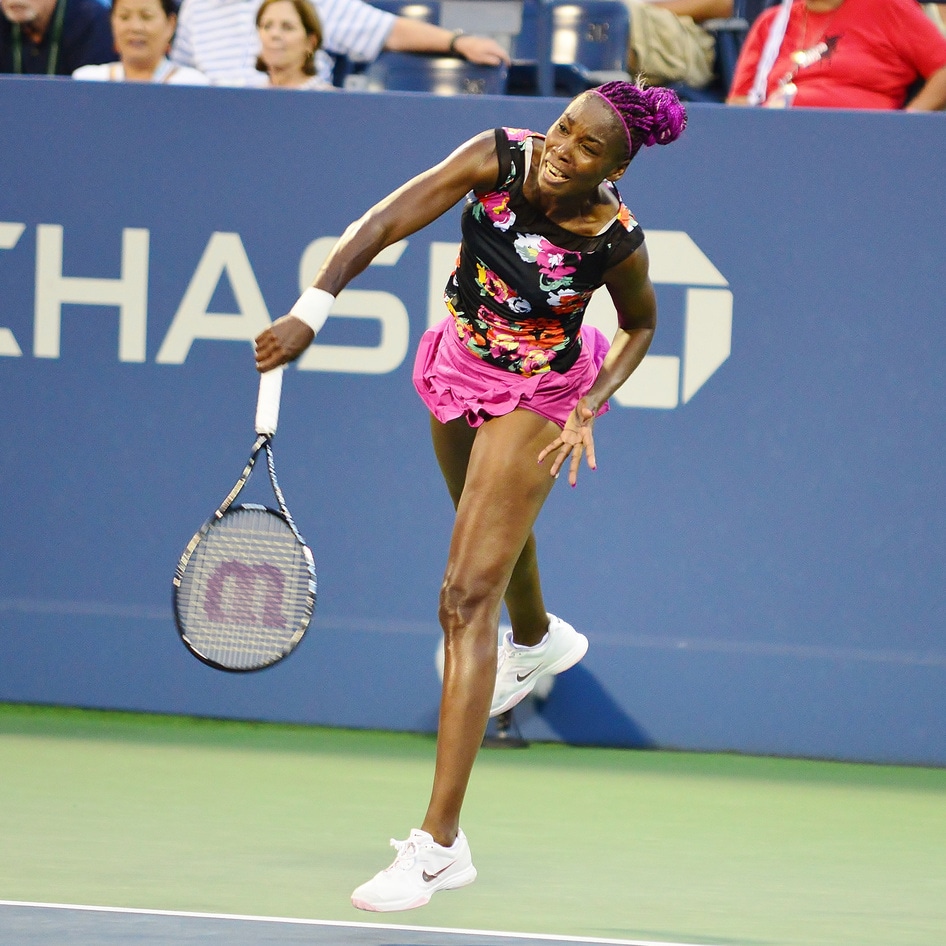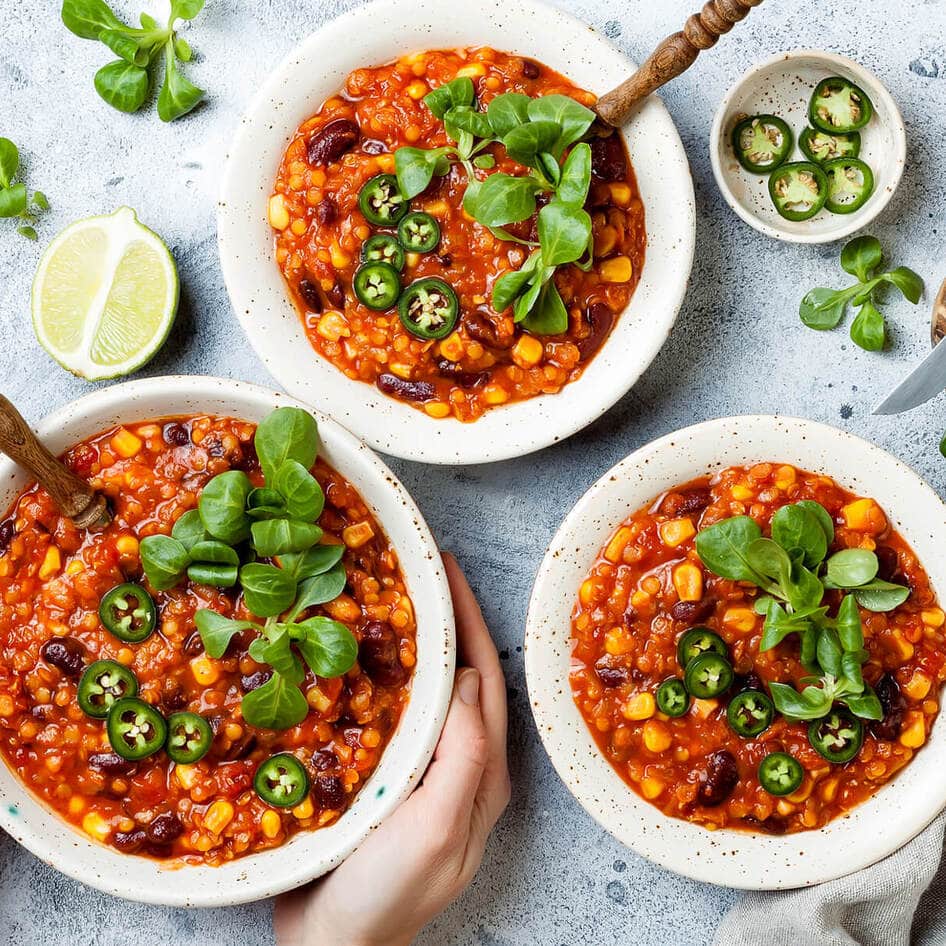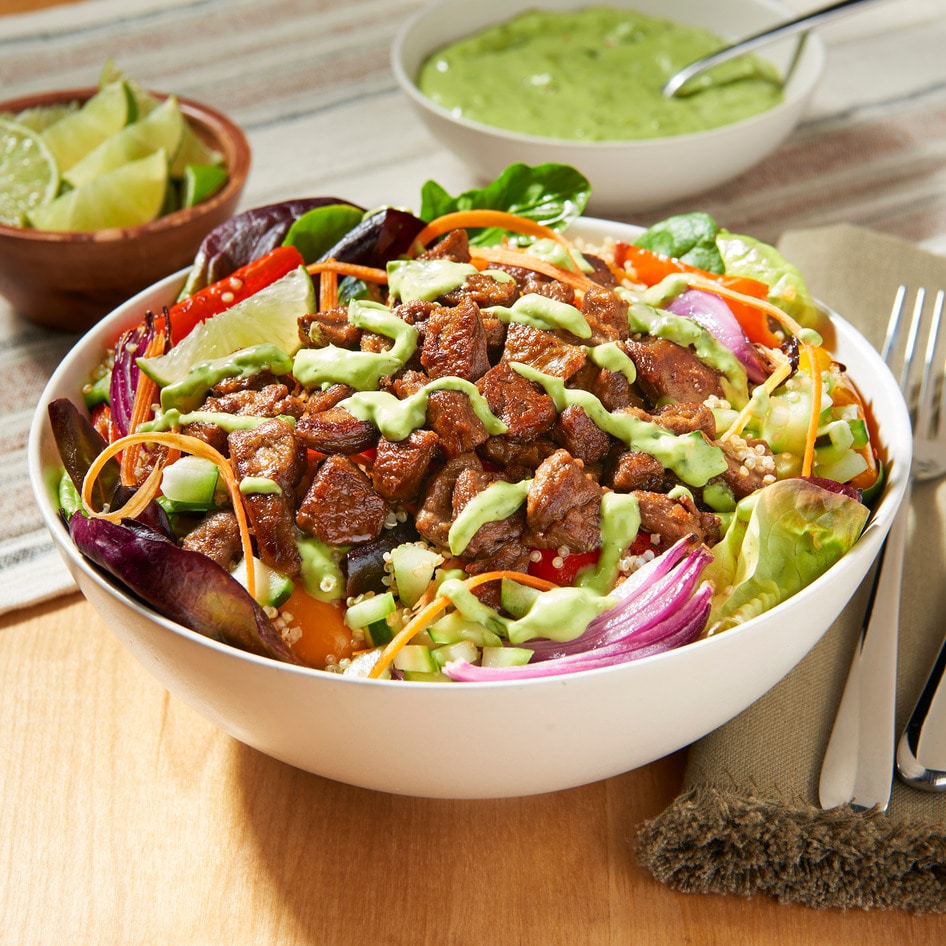As a vegan athlete, now is the time to adjust your perspective on snacks, which have gotten a bad reputation for having a low nutritional value and doing little more than satisfying food cravings. But if you’re putting in serious hours working out, snacking becomes a required part of your diet, as pre-workout snacks fuel your body while post-workout snacks aid recovery. Snacks are the most immediate sources of fuel and recovery for your workouts, so what you choose and when you eat them makes a big difference. And if you’ve committed to a vegan diet, the snacks you choose can make a huge impact on how you perform during strenuous activity … and how you feel the day after lifting. Here are three guidelines and tips for snacking before and after your workouts.
Pre-workout snacking
The key to pre-workout snacks is complex carbohydrates, which provide the energy to run that extra mile or lift one more set. But because carbs can be heavy, stick to light ones that don’t cause stomach cramps or make you feel sluggish. Some good examples of light carbs are bananas, dates, and apples. It’s also important to think about the amount of time between your snack and your workout. If you’re having a snack immediately before you hit the gym, stick to fruits. If you have more than an hour before your workout, choose heavier snacks such as oats and nuts to deliver a long-lasting source of energy to your hard-working body. The good news? Many types of plant-based protein are easier to digest than animal sources, which gives vegans an advantage when it comes to pre-workout snacking. Leafy green vegetables, such as spinach and romaine lettuce, are easily digestible and fuel your body with clean energy. To avoid feeling weighed down, avoid high fat foods before your workout.
Another great pre-workout snack is dried tart cherries because they’re a good source of carbs for energy and antioxidants for inflammation reduction. Bananas fight muscle fatigue and prevent soreness, while vegan yogurt with berries is a great source of protein and antioxidants. To drink before your workout, grab a bottle of coconut water to maintain hydrated with electrolytes while fighting fatigue. You really only have a window of one or two hours on each end of your workout to do this, so prep snacks in advance and take them with you. This window of time supports energy balance, insulin regulation, and carbohydrate use in the body. Research suggests well-timed nutrients during proper ratios can help rebuild damaged muscle and restore energy reserves to enhance performance and body composition.
Post-workout snacking
Many people are hesitant to eat immediately after exercising because it feels counterproductive to pack on those calories after burning them off. However, eating within an hour after a good workout is beneficial because the period of time immediately after a workout is widely thought to be the most critical part of nutrient timing due to food’s power to rebuild, restore, and rejuvenate overworked muscles in the body. Plan to have a snack approximately 15–30 minutes after a workout to fight muscle fatigue before it sets in. The longer you wait to refuel your body, the longer it’ll take your muscles to recover. A healthy mix of protein and carbs is perfect for getting the job done. Examples of this are carrots with hummus, roasted white beans, and a mixture of whole almonds and pumpkin seeds. Protein shakes with vegan protein powder are popular post-workout snacks because they’re quick and easy. If you have some time to prep, put together a cold salad with broccoli, wild rice, and edamame for your post-workout snack. Vegan protein sources such as tofu, tempeh, and seitan are also great to eat after the gym.
Snacks to avoid
Just because something is meat-free doesn’t mean it’s healthy or beneficial for your workouts. In fact, some plant-based foods should be avoided because they weigh you down without the protein and carbohydrate combination your body needs to thrive. Vegan chips and muffins fall into this category, as well as white pasta and rice. Furthermore, pretty much all frozen vegan meals should be avoided because they’re packed with preservatives that detoxify your system and prevent it from performing at its highest level. Although they’re convenient, pre-packaged granola bars should also be avoided as snacks because they’re typically packed with sugar that’ll give you a boost of energy before making you crash. All of these snacking guidelines apply to vegans in general, but especially if you’re training and putting in grueling hours at the gym.
Chris Willitts is the founder of VegetarianBodybuilding.com and a contributing writer for Muscle & Fitness, Vegan Health and Fitness Magazine, and Natural Muscle Magazine.
JUMP TO ... Latest News | Recipes | Guides | Health | Subscribe







